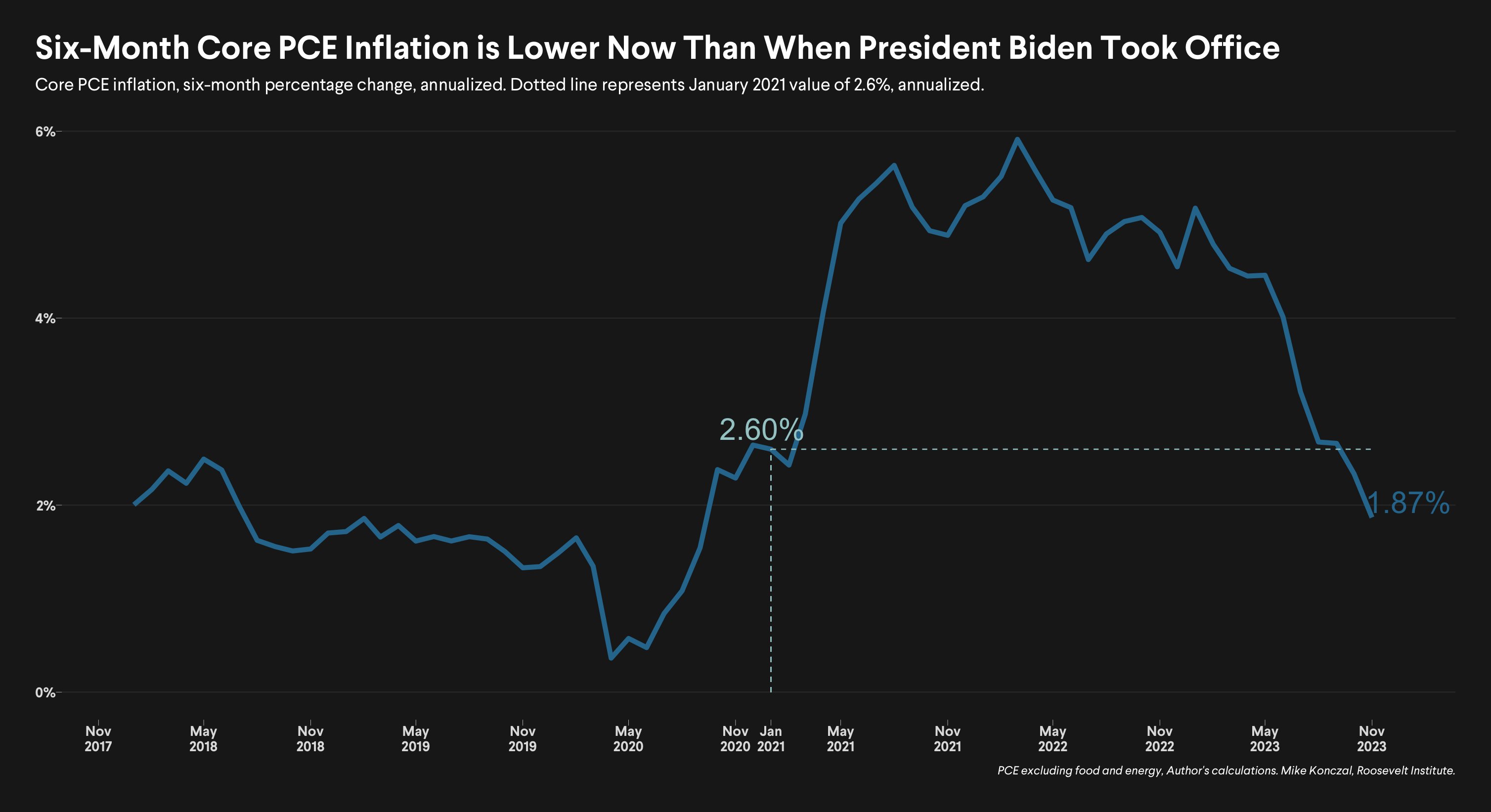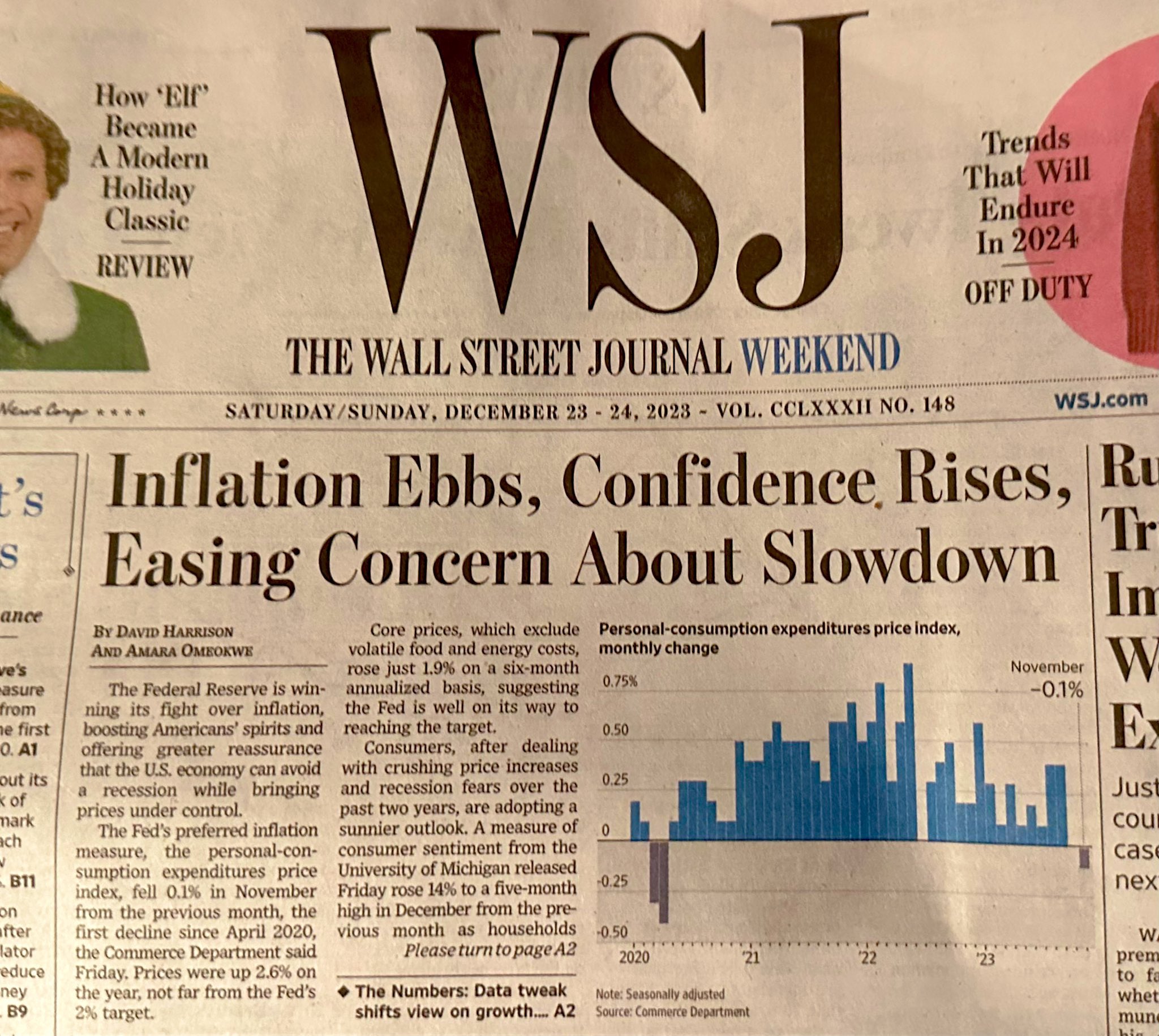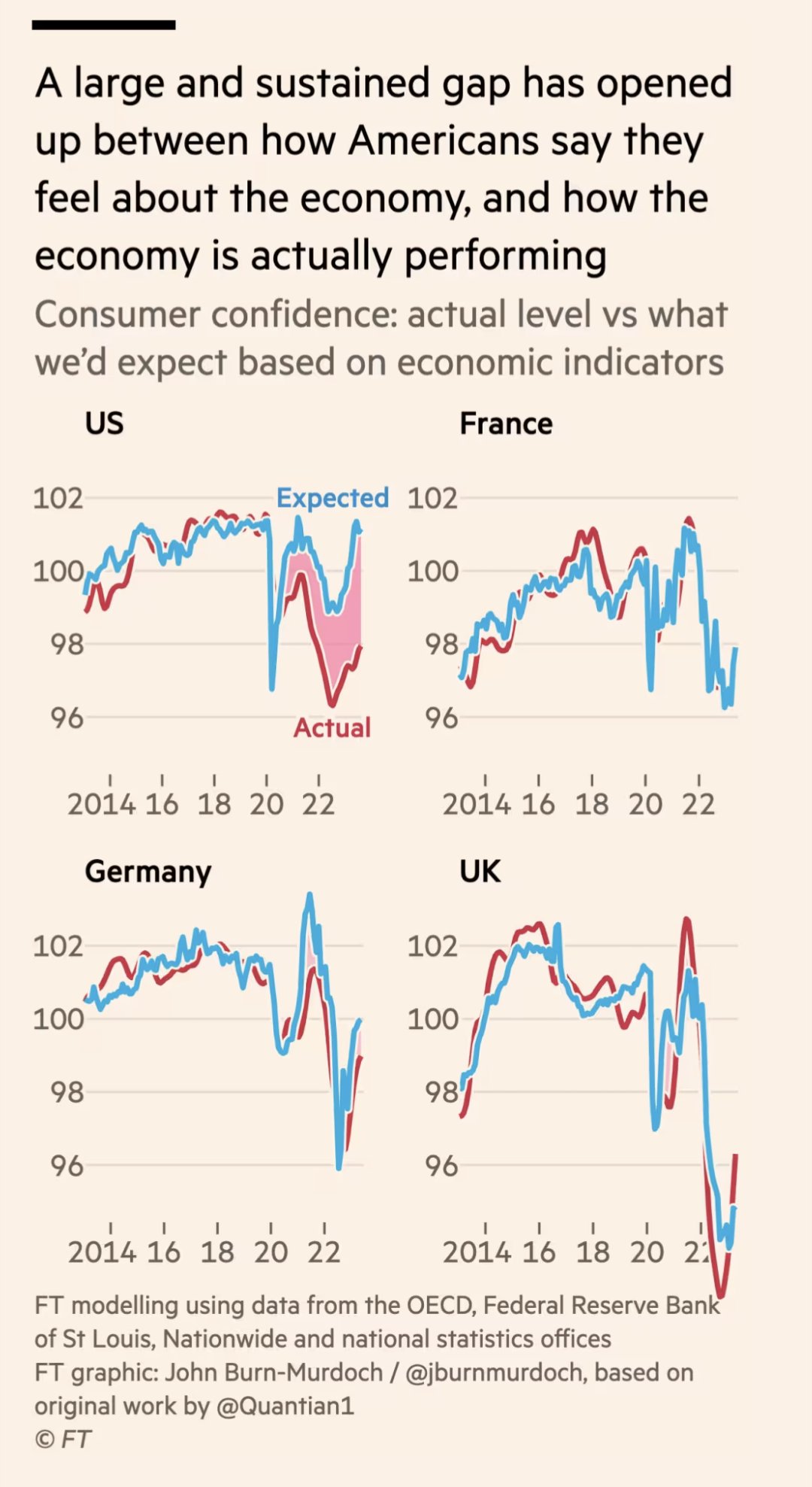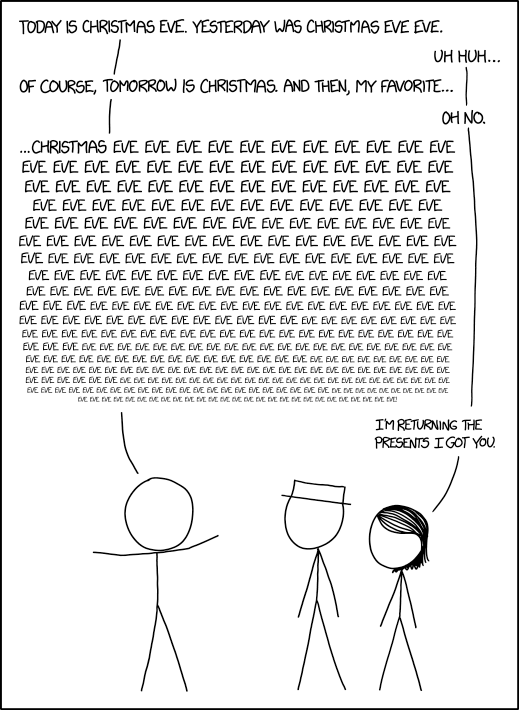Friday, December 30, 2011
Yes, another talking baby video, now with informed commentary
Hope Dickinson, MS, CCC-SLP, coordinator of the Speech-Language Pathology Services at Children’s Hospital Boston at Waltham.
These two are babbling, specifically they’re demonstrating a behavior known as “reduplicated babbling,” because the sounds used are repeated, which you can hear in their use of “da-da-da.” In a more informal way, I guess I would describe it as turn-taking with babbling, or conversational babbling.
Play talk is a healthy way for kids to develop language skills
...
It really demonstrates how very young children communicate and know how a conversation works, even before they have the words to use. They will eventually begin to replace the babbling strings with words. If you listen closely, you’ll even hear a couple of words: One says “mama” when looking at the camera, and one or both say “up” more than once when picking up a foot.
One thing they are using wonderfully is turn taking, as in first one “talks” and then pauses and the other responds. They are also imitating the various intonations we use in conversation and speaking. There is fantastic rise and fall to their pitch and tones. Sentences or exclamations end loudly and emphatically, and there is also some questioning (rising) intonation. They are using gestures to supplement their talking, much like adults do. Their body distance is even very appropriate for most Americans; not too close, but not too far either.
And from the New York Times:
“Some people believe twins have the ability to generate their own detailed language, a twin language, but it doesn’t seem to be true in terms of a fully developed language system,’’ said Stephen Camarata, professor of hearing and speech sciences at Vanderbilt University School of Medicine. “They are going back and forth and enjoying each other’s company, but they aren’t saying anything specific like ‘Hey, Mom’s videotaping us. Look at her hair.’ “
...
Dr. Camarata says the video is rich with examples of how children develop language. It’s filled with canonical babbling that sounds like speech because it uses vowels, consonants and syllables to mimic words. Although most healthy babies go through the same phase of language development, most of the time the conversation is one-sided because they are interacting primarily with parents or older siblings. What’s special about the twins’ exchange, he notes, is that each baby has a peer with whom to practice language.
“The thing that is remarkable is that they both have this intonation pattern,’’ he said. “It sounds like they are speaking, making a statement, asking a question. They are using those broader markers we use in language.”
He says it’s possible that the twins are re-enacting conversations they’ve witnessed in the family kitchen.
“Children are very clever at watching and learning from adults,’’ said Dr. Camarata. “You wonder if there hasn’t been a conversation between the husband and wife or other people in the kitchen that they are mimicking. The intonation patterns were almost certainly learned from the parents.”
Dr. Camarata said he finds the video particularly delightful given that he often works with children who have delayed speech as a result of autism or another disability. He said he hopes parents who see the video will be reminded to celebrate the amazing developmental milestones of their own children.
“Here are these children interacting with each other in a very spontaneous and unguided way, and there are a lot of rich things going on that are really cool,’’ he said. “You wonder in this day and age of people programming their child’s activities if we’re losing a little bit of that. I worry that we’re not looking for and celebrating these kinds of spontaneous things that our toddlers do that are really exciting and fun.”











